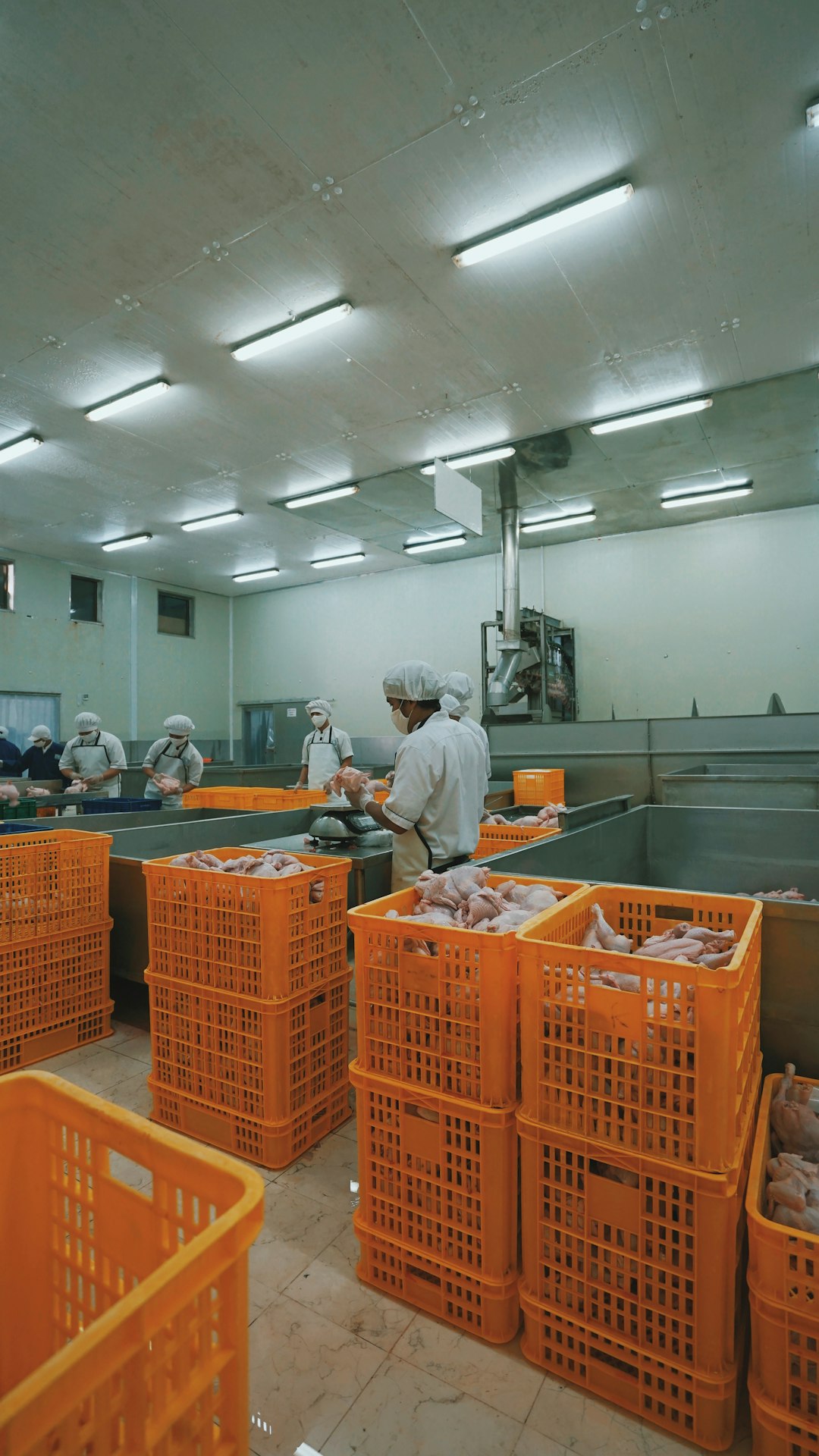Sustainability has become a major focus in today’s manufacturing world, as companies look to reduce their environmental impact and create a more sustainable future. With the increasing awareness of climate change and its potential consequences, manufacturers are reevaluating their practices to ensure they are in line with sustainability principles.
So, what exactly is sustainability in the context of manufacturing? Sustainability refers to the ability to meet current needs without compromising the ability of future generations to meet their own needs. This means taking into account the social, economic, and environmental impacts of manufacturing processes and products.
One of the key aspects of sustainability in manufacturing is reducing waste. From raw materials to finished products, waste can be generated at every stage of the manufacturing process. By implementing practices that reduce waste and promote recycling and reuse, manufacturers can minimize their environmental impact and conserve resources for future generations.
Reducing waste can also lead to cost savings for manufacturers. By optimizing processes and eliminating unnecessary steps, companies can reduce their production costs and improve their bottom line. This not only benefits the company but also consumers, who may see lower prices for sustainable products.
Another important aspect of sustainability in manufacturing is energy efficiency. Manufacturing processes can be energy-intensive, leading to high carbon emissions and environmental damage. By investing in energy-efficient technologies and practices, manufacturers can reduce their carbon footprint and contribute to a cleaner environment.
One example of energy-efficient manufacturing practices is the use of renewable energy sources. Many companies are turning to solar, wind, and other renewable energy sources to power their operations, reducing their reliance on fossil fuels and lowering their carbon emissions.
In addition to reducing waste and improving energy efficiency, sustainability in manufacturing also involves responsible sourcing of materials. Manufacturers are increasingly looking to source materials from ethical and sustainable suppliers, ensuring that their products are produced in an environmentally and socially responsible manner.
Certifications such as Fair Trade and Forest Stewardship Council (FSC) are becoming more prevalent in the manufacturing industry, as companies seek to demonstrate their commitment to sustainability and responsible sourcing. By sourcing materials from certified suppliers, manufacturers can ensure that their products meet high ethical and environmental standards.
The role of sustainability in modern manufacturing practices goes beyond environmental concerns. It also includes social responsibility and ethical considerations. Many companies are now focusing on creating safe and healthy working conditions for their employees, as well as supporting local communities and economies.
Companies that prioritize sustainability in their manufacturing practices are also more likely to attract and retain customers. Consumers are becoming increasingly aware of environmental issues and are demanding products that are produced in a sustainable and ethical manner. By aligning with consumer values, companies can strengthen their brand and build customer loyalty.
In conclusion, the role of sustainability in modern manufacturing practices is becoming increasingly important as companies seek to reduce their environmental impact, improve their bottom line, and meet consumer expectations. By focusing on waste reduction, energy efficiency, responsible sourcing, and social responsibility, manufacturers can create a more sustainable future for themselves and future generations. Embracing sustainability is not only the right thing to do but also makes good business sense in today’s increasingly eco-conscious world.


